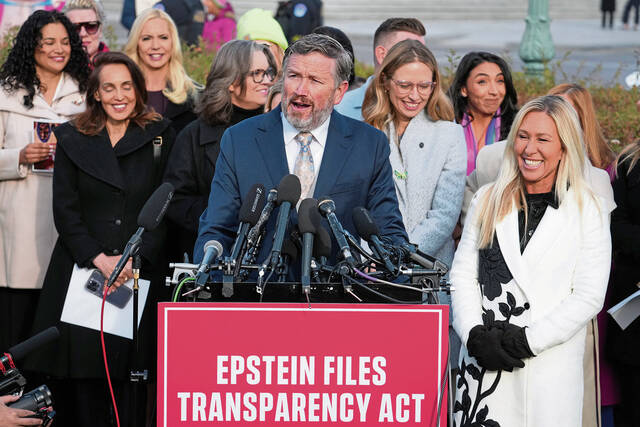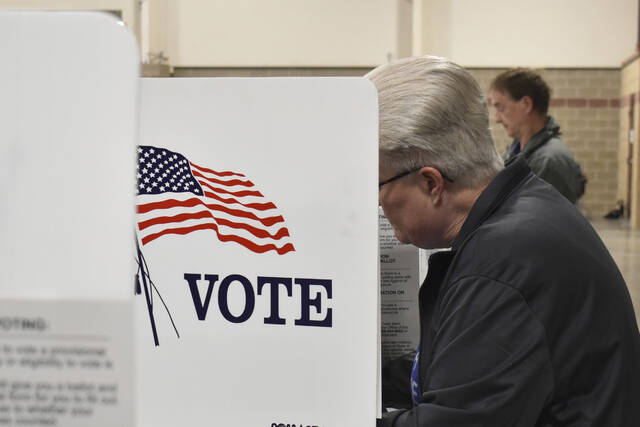On May 15, Florida became the second state in the nation to ban fluoride from public drinking water. The bill, signed by Gov. Ron DeSantis, is set to go into effect on July 1. Utah’s Governor Spencer Cox enacted a similar ban that went into effect this May.
Five other states — Kentucky, Louisiana, Massachusetts, Nebraska and South Carolina — have introduced bills that aim to ban fluoride in public drinking water.
Fluoride is a mineral that, in small quantities, has proven to be effective against tooth decay, caused by bacteria that form in the mouth when we eat or drink. The American Academy of Pediatrics states on its website that studies have shown water fluoridation, an intentional treatment process of public drinking water, reduces tooth decay by about 25% in children and adults alike.
Before rushing to ban a measure that the Centers for Disease Control and Prevention has cited as one of the 10 great public health interventions of the 20th century, why not review the evidence and commission new and impartial studies?
The latest legislative initiatives have been prompted by overt skepticism about fluoride in public drinking water expressed by Health and Human Services Secretary Robert F. Kennedy Jr. On Jan. 20, the day prior to President Donald Trump’s inauguration, in a post on X, Kennedy called fluoride an “industrial waste” and linked it to arthritis, bone cancer, IQ loss, neurodevelopmental disorders and thyroid disease. He vowed to remove it from public water once Trump got into office, something he is actively pursuing right now.
A review study by the National Institutes of Health, published in early January 2025, linked fluoride exposure to lower IQ in children. The study fueled existing skepticism and gave further ammunition to those who seek to roll back a public health measure that has promoted the oral health of three-quarters of Americans for decades.
Here is the caveat: The data in that specific review study was drawn from countries outside of the United States — Canada, China, Denmark, Mexico, Pakistan and Taiwan — that have, in some areas, naturally occurring high concentrations of fluoride in their groundwater. This means higher than 1.5 mg of fluoride per liter of drinking water.
Furthermore, many of the research studies reviewed were classified as “having a high-risk bias,” which in plain language means they cannot be fully trusted because several factors may have influenced the findings in a way that makes them less reliable. This does not disqualify the review study, per se, but it warrants caution against taking conclusive policy actions.
You can check the amount of fluoride in your tap water through a CDC map, while it is available. Other sources of public information on fluoride in drinking water have been taken down from federal agency websites over the last few months.
This is unsurprising, perhaps, since the CDC’s Division of Oral Health was also eliminated in the scramble to restructure the federal government and, in Kennedy’s own words, Make America Healthy Again. But controlling what information people have at their disposal is about controlling the narrative.
The point of this: tooth decay and cavities cause pain and loss of productivity, whether it is school days or workdays. Nobody enjoys enduring a toothache or paying for expensive dentist bills. Many people cannot afford to go to the dentist, let alone get preventive oral care. In some parts of the country, especially rural areas, there is a shortage of dentists. Water fluoridation may be the first and only line of defense against cavities. It can reduce dental disparities, especially at a time when Medicaid is being slashed.
Instead of banning fluoride in tap water, it would be best to discourage the consumption of sugary foods and drinks, which are the primary cause of tooth decay, and invest in more high-quality and unbiased research on the efficacy of tap water fluoridation in preventing cavities and assessing its cost-effectiveness.








